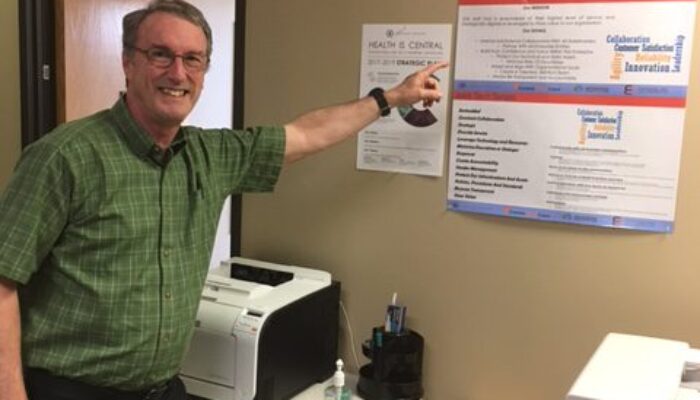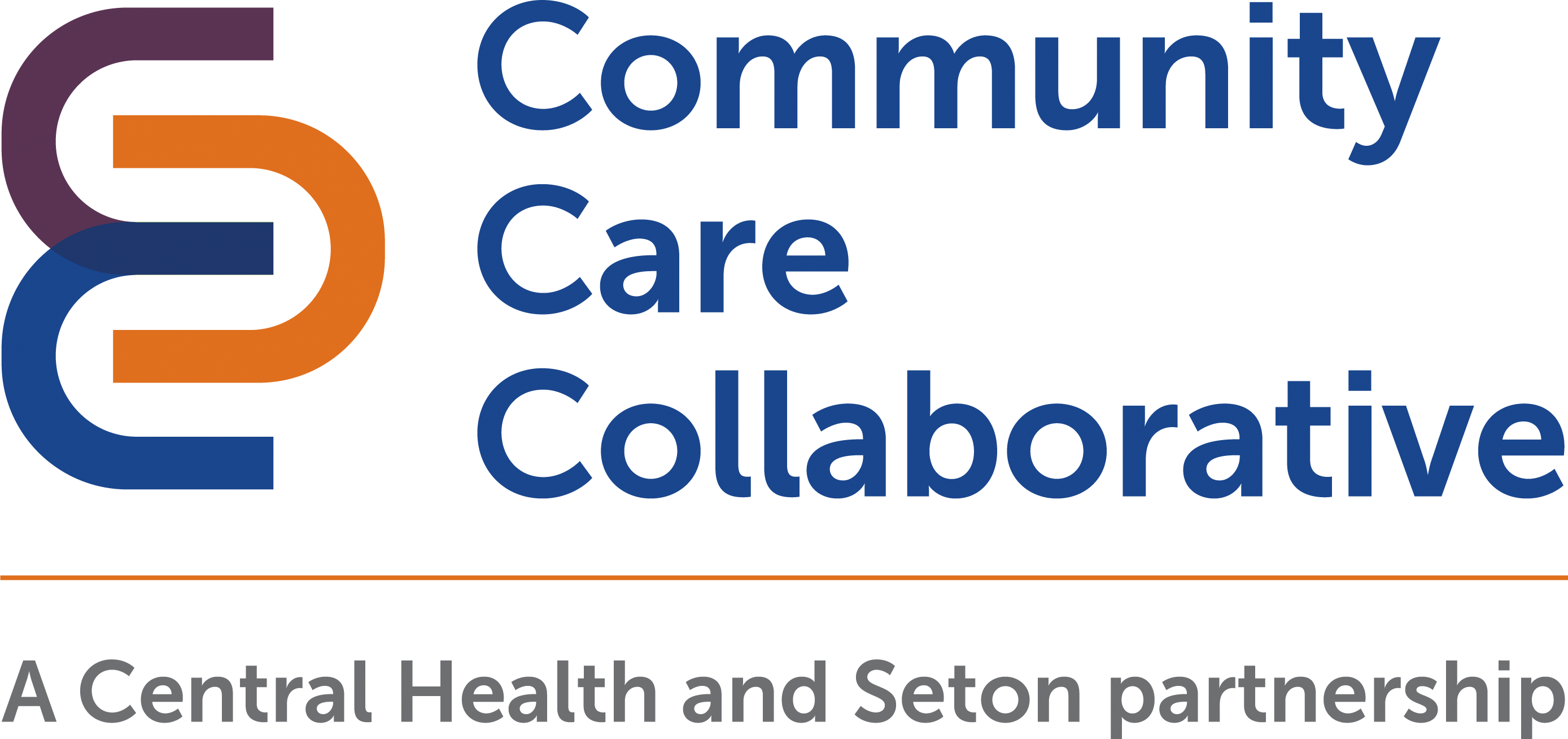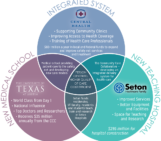
The Community Care Collaborative (CCC) Data Warehouse will add tremendous value to Travis County’s health care delivery system and to the people cared for by the CCC.
The Warehouse adds comprehensive clinical insights for medical providers so they may optimize patient care when care is delivered. Currently, the health care delivery system is not fully integrated. Existing protocols for sharing information across clinical settings and among different providers are either in early-stage testing or functional, but only for a narrow subset of patients.
“The Warehouse won’t be completed until we can see what the CCC does for patients across the years and across care settings, when we can tag high users and people with multiple chronic conditions and co-morbidities, and when doctors and care providers can have a more comprehensive medical record in advance of the point of care, or at the point of care,” said Patrick Decker, CCC Senior Architect. Decker has already reached a major milestone — clinical patient data from our partner primary care settings is now flowing into the Warehouse. The data is collected from CommUnityCare Health Centers, People’s Community Clinic, El Buen Samaritano, and Lone Star Circle of Care. Soon data from hospital settings will be collected from Seton Healthcare Family and Integral Care, our primary behavioral health provider.
Decker has worked on the CCC Data Warehouse since 2012, even before the CCC was created and charged with the effort. The concept and creation of the Warehouse was led by the Integrated Care Collaborative (ICC) and CenTex, which developed a Health Information Exchange (HIE). In 2013, the CCC found itself positioned to own and oversee the next phase of an information exchange, which has evolved in the last four years into what we now know as the CCC Data Warehouse.
A number of phases had to be completed:
- Data matching provider entity credentialing input to CMS’s National Provider Index, a database of over 5M provider records.
- Data matching and cleaning patient demographic data for an eight-year time horizon.
- Standardization of coding from multiple provider entities, data sources, and data sets to consistently display race, gender, sex, marital status, and other demographic data points.
- With assistance from our partner organization the Integrated Care Collaboration, we needed to clean data and remove duplications and apply a “unique community identifier” to each patient that allows us to analyze their health care visits across all our partner organizations.
- Clean and remove duplicate encounter data connected to each patient.
- Release a data set to CCC analysts to test use cases.
The CCC has more phases and milestones to complete before the Data Market and Exchange before it’s complete.
Since July 2016, Decker has been working with all above-named providers, to collect, clean, and test the data. With six provider systems, the process has been challenging. There are more than six different record keeping systems, and within each system, the capture and entry of discrete data points is not standardized. For example, even something historically binary data such as sex is more than just F for Female and M for Male. It can exist in Ma, Fe, Female, Male, Blank, and all the correctly and incorrectly typed variations in text fields. Multiply that by approximately 95,000 individual patients and then multiply that by a factor of duplicates, and you begin to understand the magnitude of the challenge.
What keeps the momentum going after five years of building the Data Warehouse? “Getting it done,” Decker said. “It’s all about the patients. I’ve worked commercial companies, where it was about making money. But now I want to give back. At one period in time, we used to walk through the clinic patient area on the way to our meeting room. That really kept us in touch with who we were working for. I want to do the best I can, I want to finish it.”
“The ultimate goal is getting information to the health care providers so they can know ahead of time about the patient information. I want providers and our health care system to know where we are so we can know where we want to go, and so we can decide how to get to a better place. I want to make this information available.”
Decker relies on the values of team work, collaboration, mutual respect, persistence, and allowing people to buy into the tools — values frequently emphasized by Decker, his colleagues in Joint Technology, and their leader, Central Health’s Chief Information Officer John Clark.
“Technology needs people to work,” Decker said. “We have to engage with one another to work through the challenges and the crises, to persist.”
When Decker isn’t building the Data Warehouse, he’s father to five adult children and grandfather to three boys aged 10 to 13. He was remarried 17 years ago after surviving his late wife. Decker arrived in Austin in 1996 from Piqua, OH by way of El Paso. Raised mostly in Austin, his children now live around the U.S. in El Paso, Denver, Dallas, Austin, and Wisconsin. Decker says they are all moving to Austin this year for career changes and opportunities.
Health care runs in the family. “My dad was a hospital orderly at one time, and one of my sisters is a nurse,” he shared.
Oh, and Decker’s favorite breakfast tacos are made by Taco Shack.


